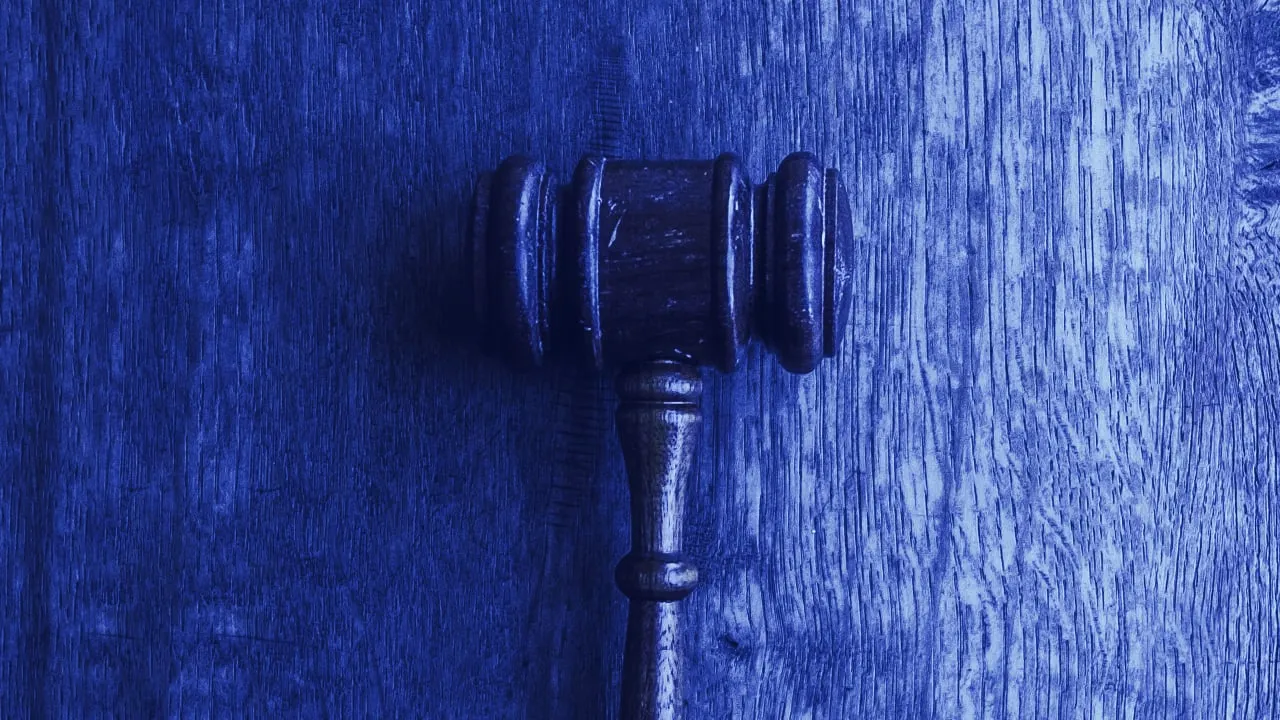In brief
- Telegram agreed to extend a restraining order while the court decides what to do with its upcoming blockchain network.
- The SEC alleges that the platform's native currency, Grams, are unregistered securities.
- Judge Kevin Castel agreed to be mindful of the April 30 deadline. If Telegram's network isn't up by then, it might have to give money back to investors.
Following a two-hour hearing, a New York federal judge today extended an emergency restraining order that prevents Telegram from distributing Grams, the native currency for its upcoming blockchain network.
Telegram agreed to hold off pending the court’s ruling on the SEC’s request for a preliminary injunction. Telegram’s attorney, however, maintained that it is the firm’s intention to promote the development of the TON blockchain and see Gram tokens become a “new mass-market cryptocurrency” on a level beyond even Bitcoin and Ethereum.
Judge Kevin Castel, of the U.S. District Court for the Southern District of New York, "reserved"—meaning he will be issuing a written ruling before April 30. The timing is important: Due to a clause in the purchase agreements Telegram issued for Grams, if the network doesn’t launch by April 30, investors could be entitled to claim their money back.
Judge Castel said in delaying his ruling that he is mindful of Telegram’s April 30 deadline.
Since October, the SEC has argued that the $1.7 billion token sale for the Telegram Open Network was illegal, because Grams constituted securities under US law, and sales of securities have to be registered with the agency. Telegram disputes all of this, but agreed to hold off launching the network until the case is resolved with the SEC.
That decision will ultimately depend on the court’s reading of the Howey Test, the yardstick by which the federal government decides if an asset qualifies as a security under US law. Judge Castel began today’s hearing by saying that "the Howey Test has been with us for 70 years, longer than most of those at the front two tables have been alive.” Cryptocurrencies, on the other hand, have only been “with us for 12 years,” he said.
The SEC is arguing that the sale of Gram tokens constituted an offer of securities under Howey. “Telegram could have done it in other ways,” said SEC attorney Jorge Gerardo Tenreiro during the hearing. But Telegram only filed a Form D, a type of exemption from registration requirements, after the SEC contacted them about their sale, he said. “Telegram should be enjoined from carrying out the illegal next step,” Tenreiro argued.
Lawyers Decrypt spoke to disagree on the interpretation of Judge Castel’s decision today.
Yankun Guo, a lawyer who set up her own practice in Chicago to help early-stage startups, said, “The fact that Judge Castel had granted an emergency restraining order signals that he believes the SEC position has merit and is likely to succeed.”
But John Berry, a partner at Munger Tolles & Olson LLP, told Decrypt that Judge Castel’s decision was purely to sustain the status quo. “He's got to issue his ruling on a thorny issue,” he said, but added that the longer Judge Castel delays his ruling, the more likely it is he’ll rule in favor of Telegram.
Guo agreed to that: Judge Castel must also weigh up the implications of impeding Telegram’s operations versus allowing the token sale to continue, she said, “which could signal to other companies that their activities are legal and potentially allowing illegal activity to occur.”
Still, “We will need to wait to see the written ruling to know much more about the judge's reasoning on the matter,” Marc Boiron, a partner at law firm FisherBroyles, told Decrypt. “Of course, subject to any issue with investors agreeing to push back the date of distribution, Telegram will almost certainly appeal to the Second Circuit if Judge Castel issues a preliminary injunction in his written ruling,” he added.


